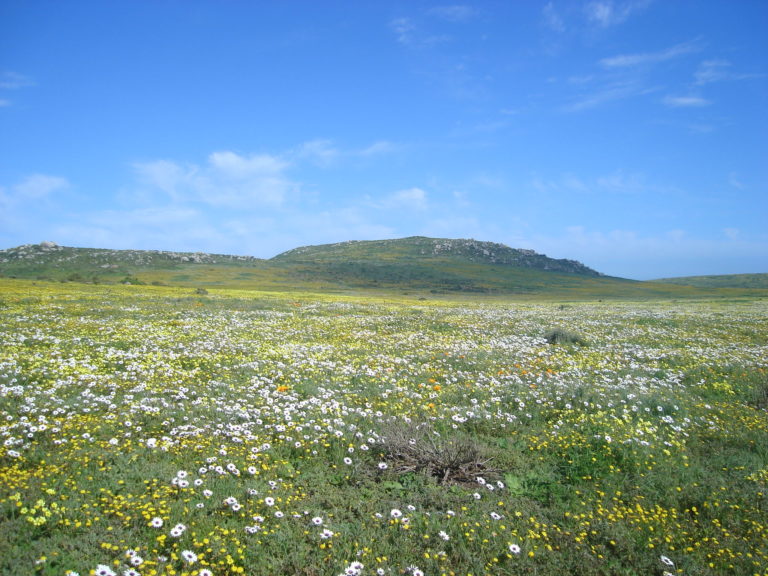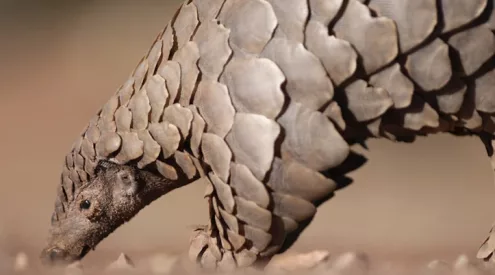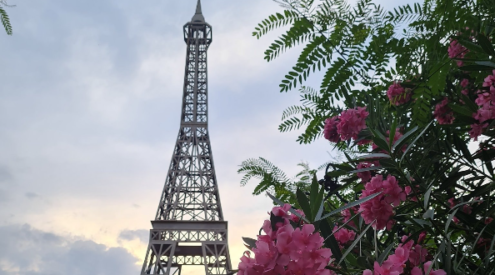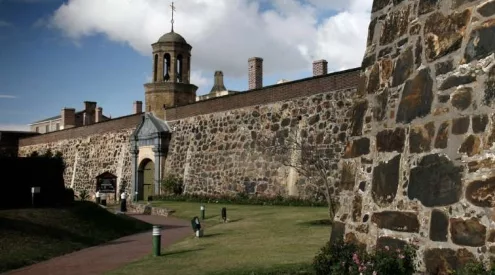With spring flowers blooming in the Cape, blossoms are starting to emerge across parks in the city. Historically, the municipality’s decision was always to mow public lawns, but with the City of Cape Town situated within the Cape Floral Kingdom, there are ample reasons not to mow.

With the highest concentration of plant species, the Fynbos biome of the Cape is the most biodiverse ecosystem in the world. Within Cape Town particularly, the rare Renosterbos vegetation groups are found.
The city currently has 17 nature reserves and conservation sites to protect the unique flora, but these actually represent a small percentage of the city’s vegetation.
The city has now adopted a ‘no-mow policy‘ for certain sites during the growing season, to advance conservation efforts, stated the city of Cape Town.
‘Mowing is suspended during this period at identified Public Open Spaces, greenbelts and road verges that contain remnants of the critically endangered vegetation and areas of high prevalence of biodiversity. This allows for annuals, perennials and geophytes to flower, mature and seed during spring.’
This has ecological benefits especially for insects where bees have plenty of pollen to thrive in urban environments.
However, mowing tends to divide opinion, with many residents prefer well-manicured lawns and others appreciating the natural overgrowth and wildflowers.
The city currently has 63 listed areas where no mowing will take place at all. Residents are encouraged to submit applications for the city to not mow a certain park in writing to [email protected].
ALSO READ
Picture: Getaway Gallery















